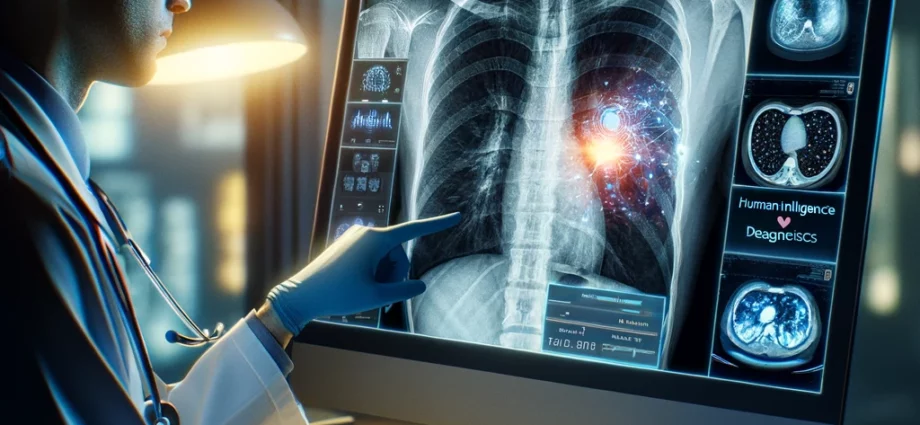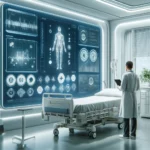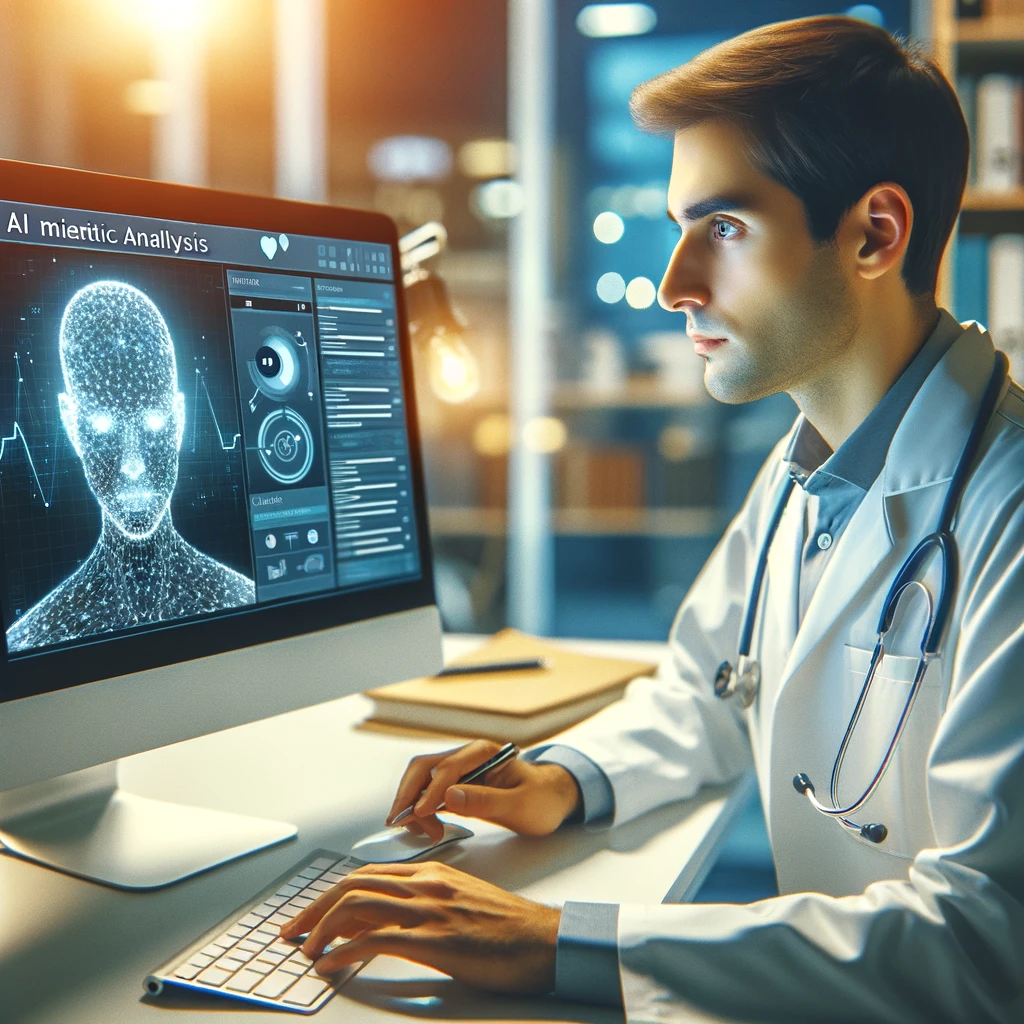New research highlights the varying effects of AI on radiologists, showing that while it improves diagnostic accuracy for some, it hinders others, underscoring the need for personalized AI integration in medical diagnostics.
Main Points:
- A study reveals that AI’s effect on radiologists’ diagnostic performance is inconsistent, with some showing improvement and others experiencing a decline.
- The research emphasizes the need for personalized AI systems in healthcare, highlighting the diverse reactions of clinicians to AI assistance.
- Factors such as experience level, specialization, and prior AI usage do not reliably predict how AI will affect an individual radiologist’s performance.
Summary:
New research led by Harvard Medical School, in collaboration with MIT and Stanford, challenges the notion of universally beneficial AI tools in medical diagnostics, revealing that artificial intelligence affects radiologists in varied and unpredictable ways. Published in Nature Medicine on March 19, 2024, the study analyzed how AI tools influenced the diagnostic performance of 140 radiologists across 15 X-ray diagnostic tasks, uncovering a complex interaction between human clinicians and AI technology that does not always lead to improved outcomes.
The findings indicate that while AI has the potential to enhance diagnostic accuracy for some radiologists, it can also hinder others, undermining the accuracy of their interpretations. This variability underscores the importance of moving away from a one-size-fits-all approach to AI in medicine and toward a more tailored integration of AI tools that consider individual clinician factors. Contrary to expectations, the study found that experience level, specialty in thoracic radiology, and prior AI tool usage did not consistently predict the impact of AI on a radiologist’s performance. Surprisingly, more accurate AI tools were found to boost performance, whereas less accurate ones had the opposite effect, stressing the need for thorough testing and validation of AI tools before their clinical deployment. The researchers advocate for a nuanced understanding of the human-AI interaction, suggesting that future AI development should involve close collaboration with clinicians to tailor AI tools to their specific needs and enhance patient care.
Source: Does AI Help or Hurt Human Radiologists’ Performance? It Depends on the Doctor
Keep up to date on the latest AI news and tools by subscribing to our weekly newsletter, or following up on Twitter and Facebook.







